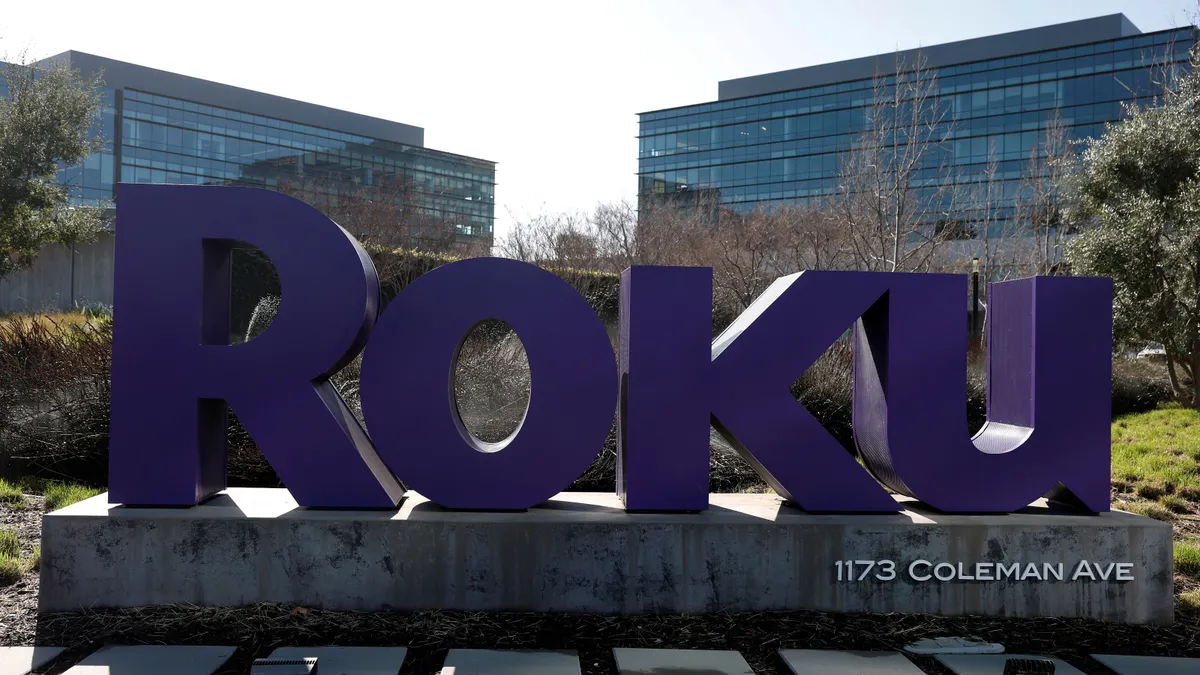While Gen Z remains marketing’s great white whale, marketers may be overlooking the tremendous spending potential of their parents. On track to be the wealthiest generation in history as $70 trillion is passed to them from baby boomers, Gen X regularly engages with social media and is the fastest growing user base on TikTok. However, only 13% of this population feels seen in social advertising, according to a recent report from Wavemaker detailing how the industry is leaving this increasingly valuable cohort behind.
Ninety-two percent of Gen Xers use social media everyday and make up 28% of TikTok’s user base. However, Gen X accounts for only 5% of brand spending on influencer campaigns. There is also a considerable lack of research involving Gen X, with only 4% of generation research conducted by the advertising industry looping in this cohort.
“There is so little research on Gen X compared with other generations, even though they are set to become the wealthiest generation of all time and offer long term brand loyalty,” said Zoe Bowen-Jones, senior insight director at Wavemaker, in an email to Marketing Dive. “When it comes to social, they're barely even considered.”
The study looked at 200,000 Gen Xers worldwide using five different methods. A qualitative study included 60 members of this generation from the U.S., India and the U.K who discussed their social media attitudes and behaviors. Audience Origin, a prosperity syndicated survey from Group M included data on 67,000 Gen Xers. On device content testing looked at how 4,000 Gen Xers interacted with influencer campaigns. Insights on 7,000 Gen Xers was provided by influencer marketing agency Goat. Additionally, a meta analysis of studies in three markets across four categories conducted between 2019 and 2022 was done by Momentum.
Overlooked and understudied
Gen X, who currently occupy the 45-to-60-year-old age category, account for 27% of global spending. Their earnings and savings have also been steadily increasing. Not only does this group have a substantial nest egg already, but it is prepared to inherit trillions in the coming years.
Despite accounting for 31% of the global population, Gen Xers are underrepresented in advertising. Only 24% of TV ads feature characters over the age of 50, while 76% feature characters 19 to 49. This has led to a low rate of feeling seen by the industry, at only 13%. This is significantly lower than younger generations, but higher than baby boomers, at 9%.
“This report shows us not only the differences that the ‘wealthiest generation the world has ever known’ have in social media usage but much more importantly how we can recognise and respond,” said Bowen-Jones.
The lack of feeling seen translates to significantly lower engagement. Influencer campaigns saw 30% lower retention rates among Gen Xers and 20% fewer interactions with content compared with Gen Zers and millennials. In addition, there was a 47% lower impact on brand opinion.
What Gen X wants
If brands want to win the favor of Gen X, they cannot follow the same playbook that is used for millennials and Gen Zers. Compared to their younger and older counterparts, this consumer base expects different things and brands should adjust accordingly.
First, Gen X creators tend to perform better with Gen X consumers than other groups. These posts also tend to be 75% longer than posts from Gen Z creators. The tone and content of campaigns favored by Gen Xers is also different, preferring self-improvement language over the more salesy tone employed by younger creators.
Playing to a Gen X audience successfully can pay off, as trust is 30% more important to this group than younger generations when it comes to purchasing decisions. Additionally, Gen X purchases tend to be driven by need, with Gen Zers twice as likely to have a “treat yourself” attitude. Gen Xers also consider 27% less brands than younger consumers as well.
“Gen X presents a huge opportunity for brands — they’re a highly engaged, loyal and wealthy consumers — and shouldn’t be overlooked by advertisers,” said Bowen-Jones. “Our research indicates that Gen X are more brand loyal, have longer attention spans and are more engaged on social media, ultimately proving to be more valuable consumers than their younger counterparts.”























